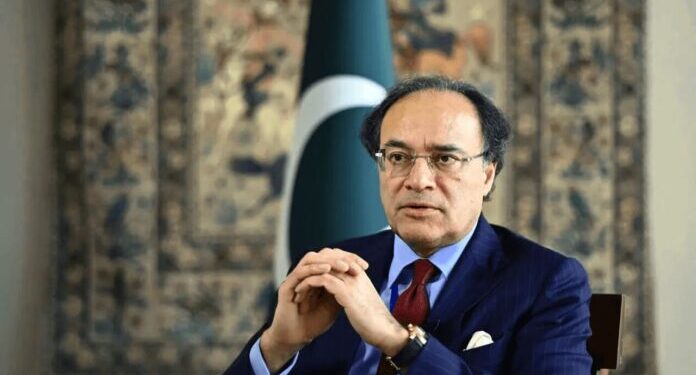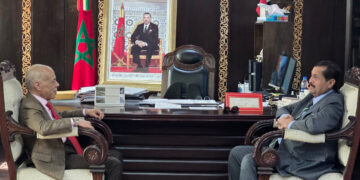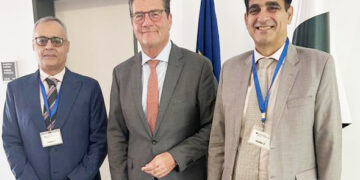ISLAMABAD: Finance Minister Muhammad Aurangzeb has confirmed that talks between Pakistan and the International Monetary Fund (IMF) have started for the first biannual review of the $7 billion Extended Fund Facility (EFF). Aurangzeb expressed confidence that Pakistan is well-prepared for the review process.
The three-year, $7bn bailout programme, agreed upon in July 2024, is aimed at stabilising Pakistan’s economy while creating the foundation for inclusive and resilient growth.
A nine-member IMF delegation, led by Nathan Porter, arrived in Pakistan to conduct the review. The talks, which will run from March 3 to March 14, will assess Pakistan’s performance against quantitative targets, structural reforms, and other commitments outlined in the programme.
Aurangzeb explained that the review process would involve two stages: technical discussions followed by policy-level negotiations.
A senior government official, involved in the review preparations, acknowledged some technical delays in meeting specific targets. However, these were resolved within a few weeks to a month. The biggest challenge so far has been a shortfall in tax revenues.
To compensate for this revenue gap, the government achieved a higher-than-expected primary budget surplus and better revenue-to-GDP performance, thanks to stronger non-tax revenues such as profits from the central bank, petroleum levies, and telecom sector earnings.
This 37-month EFF programme involves six reviews, with each successful review unlocking further disbursements. The next tranche of around $1 billion depends on the outcome of this ongoing performance review.
Before the IMF team’s arrival, the lender reiterated its key focus areas for Pakistan, including increasing the tax-to-GDP ratio by 3%, improving tax fairness and efficiency, and broadening the tax base. This involves bringing retailers, property owners, and agricultural incomes into the tax net, reducing exemptions, streamlining income tax and sales tax rates, and expanding Federal Excise Duty and customs revenue.
In 2024, the salaried class became the third-largest contributor to income tax, surpassing textile exporters, but trailing behind banks and the petroleum sector.
In parallel, a separate IMF technical team visited Pakistan last week to explore potential climate financing worth $1 billion, which would be additional to the EFF programme.


















